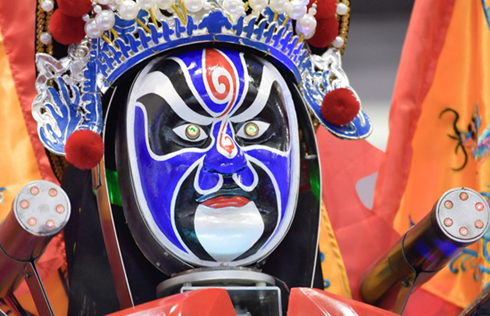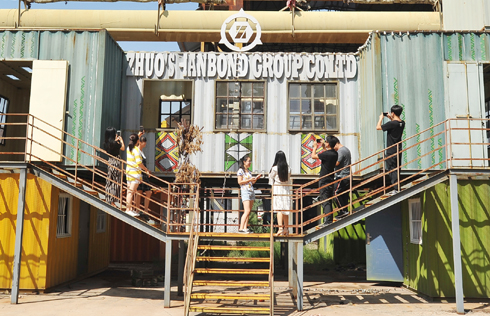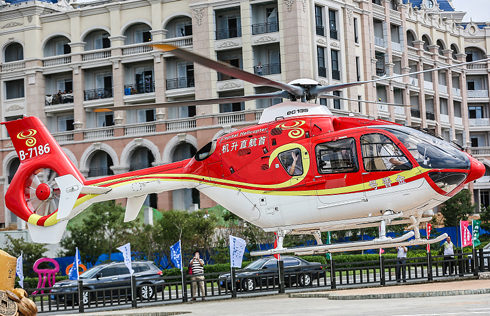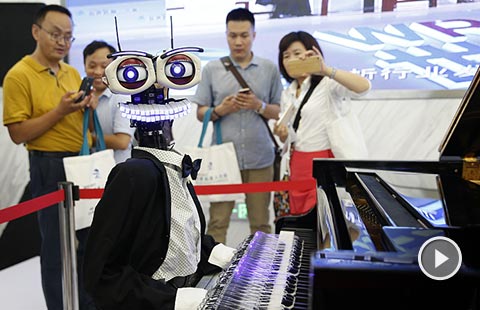Hotel brings concept of 'use it, like it, buy it' to consumers
Yanxuan, an e-commerce site under Chinese internet company NetEase Inc, has set up its first flagship hotel, with which it hopes to woo the country's growing population of middle-class millennials by providing an immersive experience.
It's the first hotel in China with a philosophy of "what you use is what you can buy," said Janet Chan, general manager of marketing for Yanxuan. Rather than providing a luxurious experience, the hotel will focus on "offering an aesthetic sense of simplicity".
Foreign lifestyle retailers such as Japan's Muji and Sweden's Ikea have similar plans to venture into hospitality.
The Yanxuan hotel features a simplistic northern European style and is equipped with the brand's own products, from ultra-minimalist furniture to accessories ranging from cherry-flavored soap, towels and aroma diffusers.
Simple designs from Muji and northern European brands such as COS in fashion and Bang & Olufsen in electronics have become increasingly popular in China, especially among the country's growing middle class. And Yanxuan is not missing out on the trend.
"The future consumer will prefer logo-less products because they value user experience over other things," Chan said. "With China's middle class growing in size, consumers are looking for quality, experience and a more personal touch."
According to a recent report on China's premier e-commerce by Analysys, a Beijing-based internet consultancy, those born in the 1980s and 1990s will place a high value on personal touch and experience, and on goods that speak for their unique identity.
Domestic and international retailers seem to agree that combining offline and online business by providing immersive shopping experience is an important strategy to attract those demographics.
For example, Muji is set to open its first minimalist luxury hotels in Shenzhen and Tokyo by the end of 2017, while French skincare brand L'occitane has already opened a café in Nanjing, Jiangsu province.
"We decided to go offline and get close to the consumers and bring the essence of Yanxuan through a (physical) medium," Chan said.
In the future, Chan said, Yanxuan will probably try more offline business modes, such as bookstores and other brick-and-mortar retail outlets.
Wang Gao, a professor of marketing, said the key for brick-and-mortar stores in an online age is to "provide additional value to customers apart from the goods itself. What companies need to do is to integrate ... goods and service into an immersive shopping experience."
Fang Wei, CFO of GOME Retail Holdings Ltd, also recognized the importance of providing real-life experience last month when the group decided to upgrade its retail strategy.
"We need to let customers have a full experience in our goods," he said. "Our long-term goal is to provide boundaryless immersive experience in our merchandise."

























